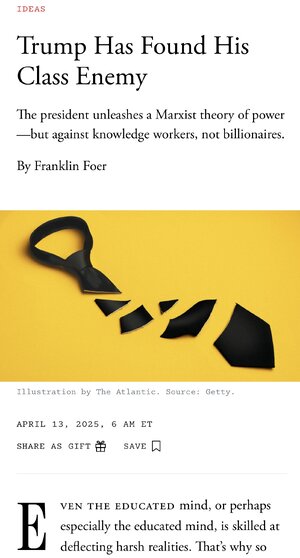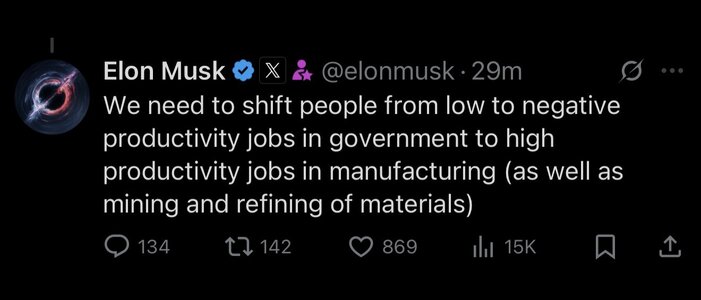Rutgers is proposing collective action for the Big Ten.
University of Massachusetts Amherst’s MADCs Tracker

senate.rutgers.edu
Resolution to Establish a Mutual Defense Compact for the Universities of the Big Ten Academic Alliance in Defense of Academic Freedom, Institutional Integrity, and the Research Enterprise
Whereas, recent and escalating politically motivated actions by governmental bodies pose a significant threat to the foundational principles of American higher education, including the autonomy of university governance, the integrity of scientific research, and the protection of free speech;
Whereas, the Trump administration and aligned political actors have signaled a willingness to target individual institutions with legal, financial, and political incursion designed to undermine their public mission, silence dissenting voices, and/or exert improper control over academic inquiry;
Whereas, the Big Ten Academic Alliance represents not only athletic competition but also a longstanding tradition of academic collaboration, research excellence, and commitment to democratic values and shared governance; Whereas, the Big Ten Academic Alliance includes 18 universities with thousands of instructors serving over 600,000 students;
Whereas, the preservation of one institution’s integrity is the concern of all, and an infringement against one member university of the Big Ten shall be considered an infringement against all;
Be it resolved that, the Rutgers University Senate urges the President of Rutgers University to formally propose and help establish a Mutual Academic Defense Compact (MADC) among all members of the Big Ten Academic Alliance;
Be it further resolved that, under this compact, all participating institutions shall commit meaningful funding to a shared or distributed defense fund. This fund shall be used to provide immediate and strategic support to any member institution under direct political or legal infringement;
Be it further resolved that, participating institutions shall make available, at the request of the institution under direct political infringement, the services of their legal counsel, governance experts, and public affairs offices to coordinate a unified and vigorous response, including but not limited to: Legal representation and countersuit actions; strategic public communication; amicus briefs and expert testimony; legislative advocacy and coalition-building; related topical research as needed.
Be it finally resolved that, this resolution be transmitted to the leadership of all Big Ten universities and their respective governing boards and shared governance bodies, and that the President of Rutgers University take a leading role in convening a summit of Big Ten academic and legal leadership to initiate the implementation of this Compact.





